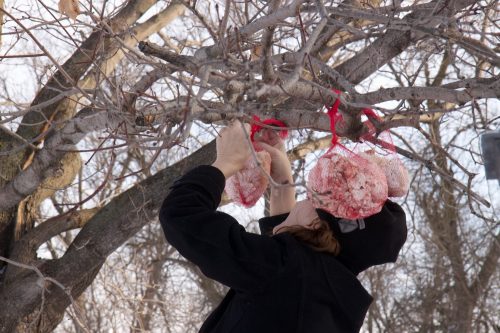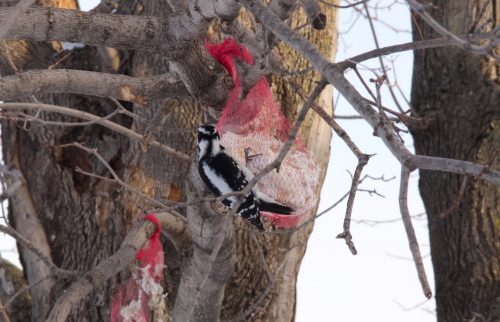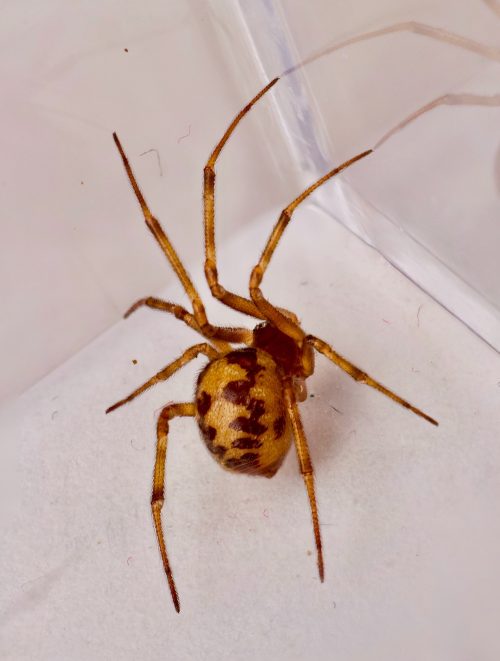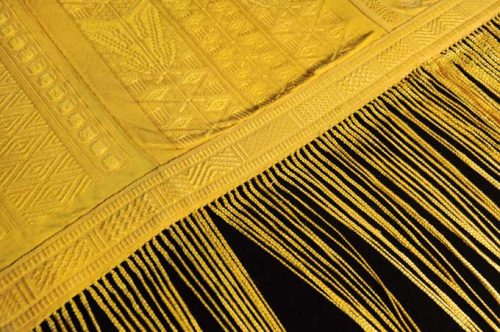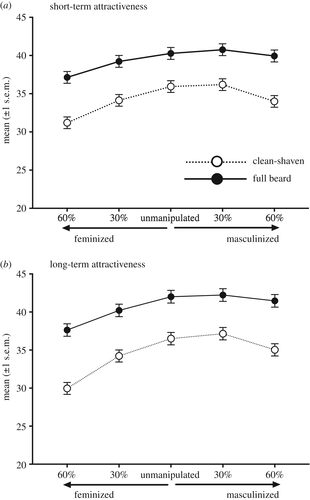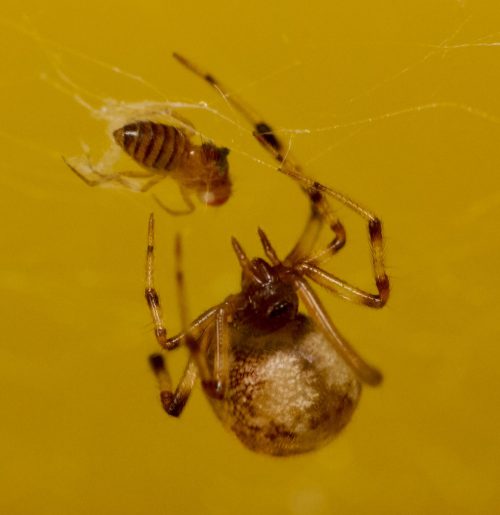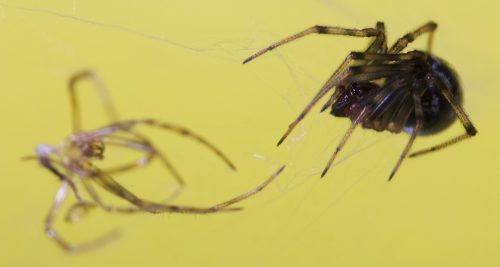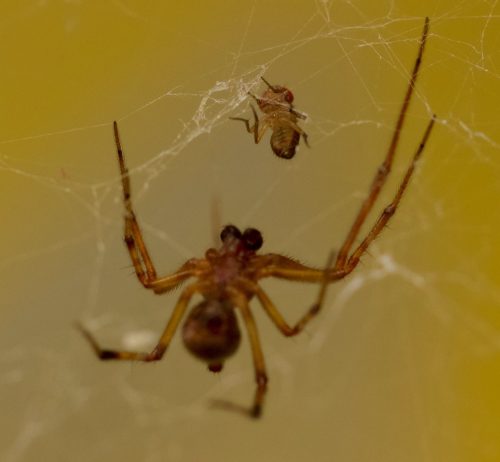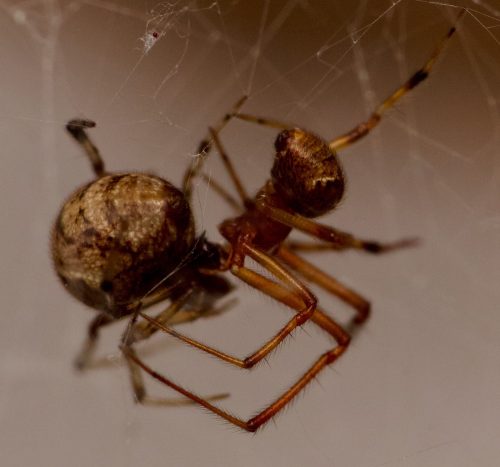Mary’s first project this morning was to put on all black clothes, and refresh the fat and meat hanging decoratively from our trees. I’m beginning to wonder if she is actually an atheist, like she says.
Right away, those weird winged spiders swooped in to worship the dark lady of pig guts.
Life is back to normal at my house.

